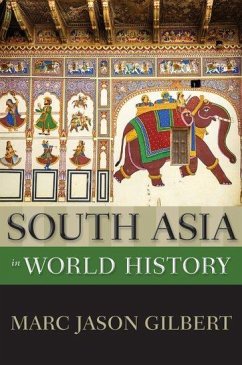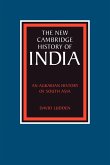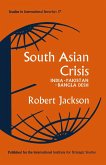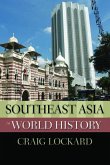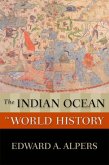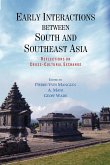Few regions have shaped the world's history as deeply as South Asia. The birthplace of three of the world's major religions-Hinduism, Buddhism, and Sikhism-the Indian subcontinent has made indelible contributions to the world, from foods such as curry and granulated sugar to the performance of meditation and yoga, from the architectural magnificence of the Taj Mahal to the binary system of numbers. In this accessible book, Marc Jason Gilbert takes us on a journey through South Asia's fascinating history, starting with the blossoming of the Harappan civilization in the fertile Indus valley more than four thousand years ago. Following the routes of the cotton, tea, and opium trade that connected the West and the East throughout history, Gilbert describes South Asia's classical Hindu and Buddhist empires, the coming of Islam to South Asia, the local impact of the Mongol invasions, the splendors of the Mughal Empire, the expansion of British colonial dominion, and the development of South Asian modern nations-Nepal, Pakistan, Bhutan, Bangladesh, India, the Maldives, and Myanmar-in the twentieth century. The book concludes with a timely reflection on the contradictory face of contemporary South Asia. Although the region has produced some of the world's most iconic leaders of non-violent protest-Mahatma Gandhi, Arundhati Roy, Mother Teresa, and Aung San Suu Kyi-severe social divisions and injustice persist in most South Asian countries. Simultaneously, extraordinary economic growth is deeply transforming South Asian societies and may enable them to rival the United States and China as the world's largest economies. Gilbert's transnational perspective illuminates how world historical processes-from changes in the environment and the economy to the movement of peoples and ideas-have shaped and continue to shape the history of South Asia and its place in the wider world.
Bitte wählen Sie Ihr Anliegen aus.
Rechnungen
Retourenschein anfordern
Bestellstatus
Storno

